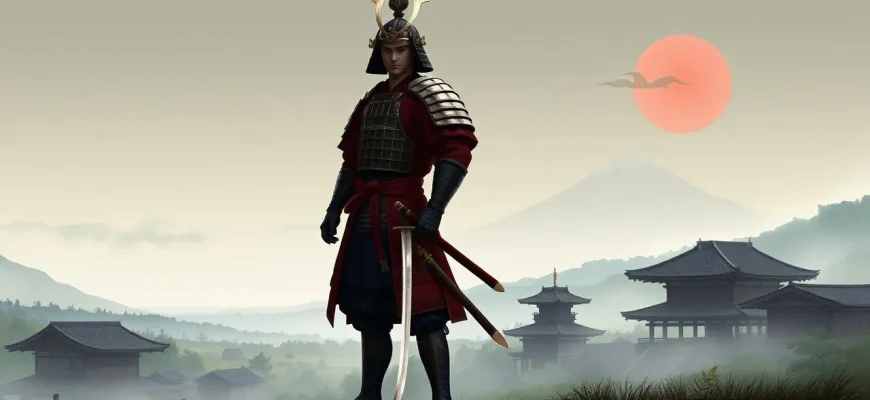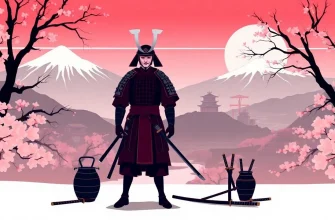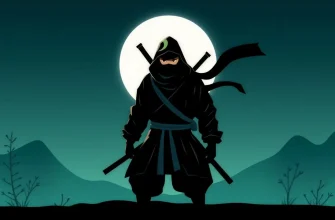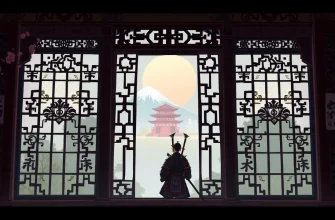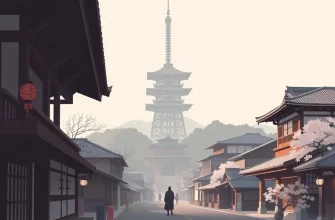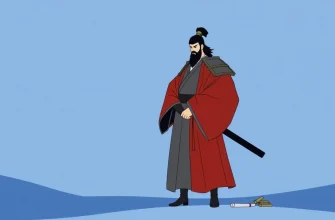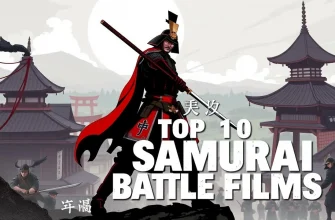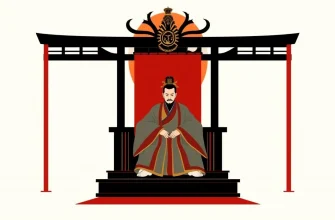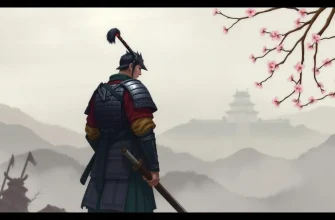Dive into the enchanting world of medieval Japan with our curated selection of films that transport you back in time. These cinematic masterpieces not only entertain but also educate, shedding light on the samurai era, feudal conflicts, and the intricate societal norms of the period. Whether you're a history buff or simply love a good story, these films provide a window into a fascinating epoch of Japanese history.

Seven Samurai (1954)
Description: A timeless classic, this film depicts a village hiring seven ronin to defend against bandits, highlighting the samurai code of honor and the plight of the common people.
Fact: The film was shot over a year, with the cast and crew living in a village set built for the movie.
 Watch Now
Watch Now 
Throne of Blood (1957)
Description: Another Kurosawa gem, this film adapts Macbeth into a samurai tale, showcasing the director's ability to blend Western literature with Japanese aesthetics.
Fact: The film was shot in the volcanic landscape of Mount Fuji, adding a haunting atmosphere to the story.
 Watch Now
Watch Now 
The Hidden Fortress (1958)
Description: Often cited as an influence on 'Star Wars', this film follows two peasants who get entangled in a princess's escape from enemy territory, showcasing the lower strata of medieval society.
Fact: Akira Kurosawa used a unique narrative structure, telling the story from the perspective of the two peasants.
 Watch Now
Watch Now 
Yojimbo (1961)
Description: A ronin arrives in a town torn by gang warfare and decides to play both sides against each other, providing a darkly comedic take on samurai ethics.
Fact: The film inspired Sergio Leone's 'A Fistful of Dollars', leading to a lawsuit over copyright infringement.
 Watch Now
Watch Now 
Harakiri (1962)
Description: A tale of revenge and honor, this film follows a ronin who seeks to commit seppuku but instead reveals the hypocrisy and corruption within the samurai code.
Fact: The film was remade in 2011 by Takashi Miike, showcasing its enduring relevance.
 Watch Now
Watch Now 
Kagemusha (1980)
Description: This film tells the story of a thief who impersonates a dying warlord, delving into themes of identity and the role of leadership in feudal Japan.
Fact: George Lucas and Francis Ford Coppola helped finance the film after Kurosawa faced funding issues in Japan.
 Watch Now
Watch Now 
The Last Samurai (2003)
Description: This epic drama follows an American military officer who becomes embroiled in the samurai rebellion against the modernization of Japan, offering a romanticized yet poignant look at the clash between tradition and progress.
Fact: The film was shot on location in Japan, with many scenes filmed at the historic Himeji Castle. Tom Cruise underwent extensive training to authentically portray a samurai.
 Watch Now
Watch Now 
Samurai Rebellion (1967)
Description: This film explores the conflict between duty and personal honor when a samurai defies his lord to protect his daughter-in-law, offering a critique on the samurai class system.
Fact: It was one of the last films directed by Masaki Kobayashi, known for his critical views on Japanese society.
 30 Days Free
30 Days Free 
Ran (1985)
Description: Akira Kurosawa's masterpiece is a reimagining of Shakespeare's King Lear set against the backdrop of medieval Japan, exploring themes of power, betrayal, and the consequences of ambition.
Fact: 'Ran' means 'chaos' in Japanese, which perfectly encapsulates the film's narrative. It took ten years to plan and five years to shoot.
 30 Days Free
30 Days Free 
The Twilight Samurai (2002)
Description: This film portrays the life of a low-ranking samurai in the late Edo period, focusing on his personal struggles and the changing times around him.
Fact: It won the Japanese Academy Award for Best Picture and was praised for its realistic depiction of samurai life.
 30 Days Free
30 Days Free 
